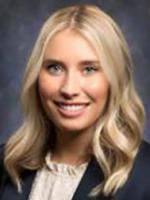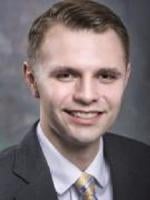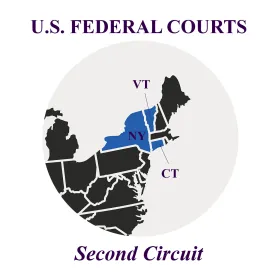A Southern District of New York federal judge in Manhattan vacated a final rule by the Department of Labor (“DOL”) that exempted certain workers from accessing emergency benefits under the temporary federal pandemic-related paid leave program, which expires at the end of 2020. For employers in the health care industry, the decision vacated the sections of the DOL final rule that broadly define health care exemptions, contending that the DOL regulations defied the intent of Congress by excluding virtually the entire health care sector. Further, the judge voided portions of the rule which allowed employers to deny leave if their employees lacked available work. The judge also partially vacated provisions of the rule limiting intermittent leave and requiring workers to document their reasons for taking time off. Notably, the rule only applied to small-to-midsize employers (fewer than 500 employees), and the carveout for businesses with 500 or more employees still stands.
The Rule:
The Families First Coronavirus Response Act (“FFCRA”) went into effect on April 1, 2020. That same day, the DOL adopted temporary rules to supplement the FFCRA, for the purposes of explaining the obligations of employers and the rights of employees under the new legislation. One of those rules was vacated on Monday by District Judge J. Paul Oetken of the Southern District of New York.
State of New York, through its Attorney General, sued the DOL related to the regulations it published surrounding the FFCRA. The State of New York challenged four parts of the rule: 1) a provision denying workers benefits when their employers did not have work for them to do, 2) the exemption for health care providers, 3) the provisions on intermittent leave, and 4) the provisions on documentation requirements. The DOL argued in defense that the rule did not injure the State, and that the State did not show how the rule would affect health care costs. Judge Oetken’s ruling came down in favor of the State of New York on all four of these legal issues, with the application of the health care exemption likely having the most applicability to clients immediately.
The rule required employers with fewer than 500 workers (i.e., small-to-midsize business operations) to provide two weeks of paid sick leave to employees unable to work due to COVID-19. Additionally, those employers were required to also offer up to 10 weeks of partially paid leave under the expanded Family and Medical Leave Act to, for example, care for a child whose school or day care was closed because of the pandemic. Therefore, employees who were subject to the rule were entitled to up to twelve weeks of paid COVID-19 leave.
The FFCRA provided the DOL leeway to exclude certain people who work as “health care providers” from the law’s coverage. Judge Oetken vacated the portion of the rule that defined “health care provider” because he deemed it to be overbroad. Judge Oetken wrote in his opinion that “an English professor, librarian, or cafeteria manager at a university with a medical school would all be ‘health care providers’ under the Rule.”
In support of the State, the Service Employees International Union (“SEIU”) submitted an amicus brief to the court claiming that it would be “perverse” for its employees who do not make high wages, such as nursing care assistants, to be excluded from paid pandemic-related leave if they got sick and still had to go to work.
The judge did not vacate the entire rule. The portions of the rule that were vacated were deemed to be “illegal” under the U.S. Supreme Court’s Chevronruling, which holds that courts can only uphold “reasonable” regulations that clear up legal gaps or ambiguities. Further, the ruling does not apply to businesses with 500 or more workers.
Moving Forward
It is anticipated that the DOL will quickly appeal Judge Oetken’s ruling, and it will be vital to monitor whether other states bring similar challenges to the DOL’s rules interpreting the FFCRA. In the same vein, local employers may very well begin to see employees who were previously unable to receive benefits under the FFCRA making application for those benefits. The lawyer for the SEIU stated that she “would absolutely encourage any worker to seek these benefits, and then it’s on the employer to make a decision about whether the employer thinks they are a health-care provider and if they are whether or not they’re going to deny them the leave.” If this holds true, employers will be faced with many difficult questions in the coming weeks and months, even if the employer does not operate in New York.
In light of the decision, the DOL may also revise its rules or adopt new ones interpreting the FFCRA. Employers should monitor the DOL’s website for important updates. In the meantime, employers should assess whether their employees could now be entitled to paid sick leave under the FFCRA in light of Judge Oetken’s decision to vacate the portion of the rule defining health care providers, if a similar decision were made in another jurisdiction.
To Sum It Up
Paid leave is ever-evolving due to COVID-19 considerations. Judge Oetken’s holding substantively changes the FFCRA’s application, making it crucial to stay up-to-date on other legal challenges to the rule that may occur within your jurisdiction. Due to the complexity of the landscape surrounding these legal designations and exemptions, it is recommended that you consult with legal counsel. If you have questions on how this ruling might affect your business, please contact the authors of this alert.





 />i
/>i
